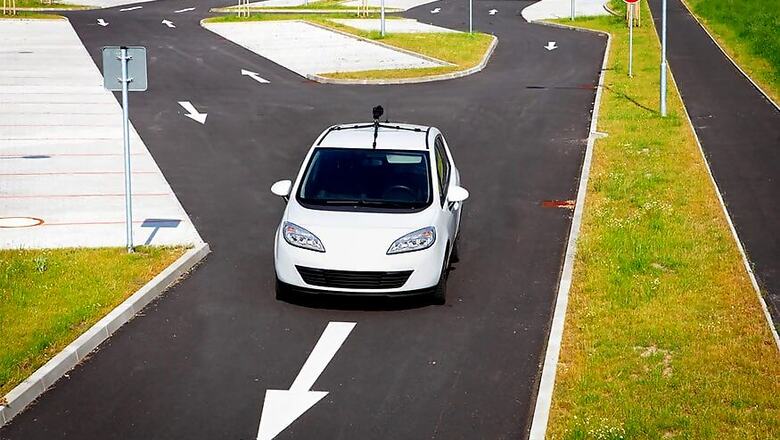
views
Rise of taxi aggregators, tougher emission regulations, GST roll out and autonomous driving will majorly impact Indian auto industry going ahead, according to Mahindra & Mahindra (M&M) Managing Director Pawan Goenka.
The competitive pressure in the Indian market will also make companies forge alliances as witnessed globally, he said but neither denied nor confirmed speculations on the link-up between M&M and Ford.
Amid the changing scenario, he said M&M is focussing on sustainable mobility, seeking to position itself as a catalyst to popularise electric vehicles in India even as it works to increase its volume, market share, revenue and profit. "The automotive industry is changing very rapidly in India and there are three-four factors, which are going to have a major impact on the industry in India and globally in the next four to five years," Goenka told PTI.
The factors are an ascent of taxi aggregators such as Ola and Uber, tougher regulations on emissions and safety, upcoming GST and autonomous driving will have an impact in long term, he added.
Identifying aggregators such as Ola and Uber to make "perhaps the biggest" impact, he said they are going to "significantly change the dynamics of the industry, and in a way take away the power of pricing from OEMs to the customers". "That's what happens when the buyer is stronger than the seller and the buyer determines the price," Goenka said. With India heading towards tougher emission and safety norms, Goenka said vehicles would need to be designed differently and there would be "significant increase in the cost of the vehicle".
From April this year, new models of passenger vehicles in India will have to meet crash test norms necessitating companies to equip them with airbags. While from 2020 the strict BS VI emission norms will be implemented.
On GST, Goenka said he isn't worried about the rates and the focus must be on how do GST changes the way firms do business as it will take away the "requirement of companies optimising tax".
"Today those companies who are able to manage taxes better, perhaps, have an upper hand and tomorrow the companies which manage their businesses better will have an upper hand," he added.
Emphasising on the implications, he said: "So that is a very significant change that will happen in the way we set up plants, where we source our components from. How do we store our finished goods, how do we sell finished goods."
On autonomous driving, Goenka said while it looks a little bit away in the timeline horizon, he won't be surprised if it happened sooner contrary to common expectations. "The reason for that is that we have chaos on our roads because of indisciplined driving. On the other hand, a computer would never be indisciplined. So once a driving of disciplined computer comes in, our roads would be much better and much easier to drive on," he said.


















Comments
0 comment